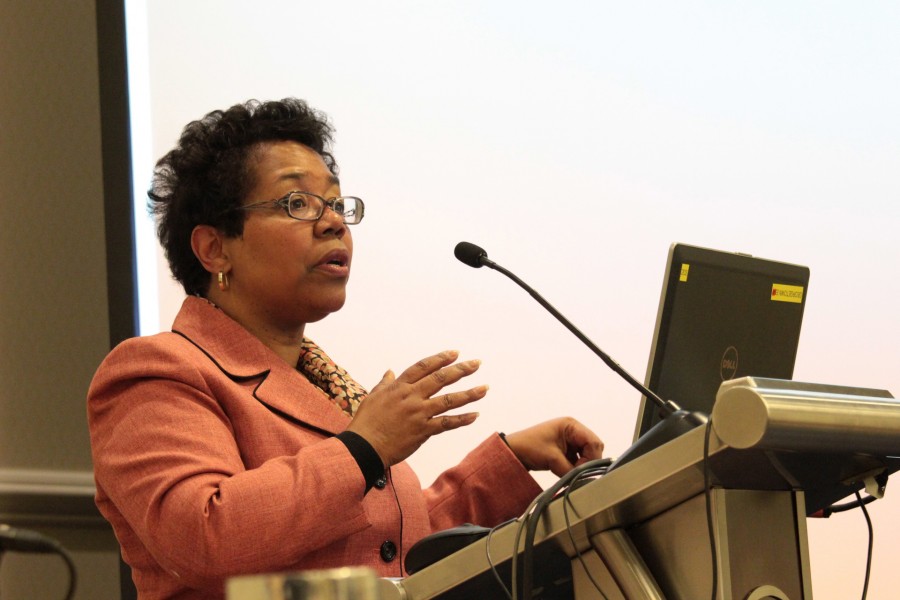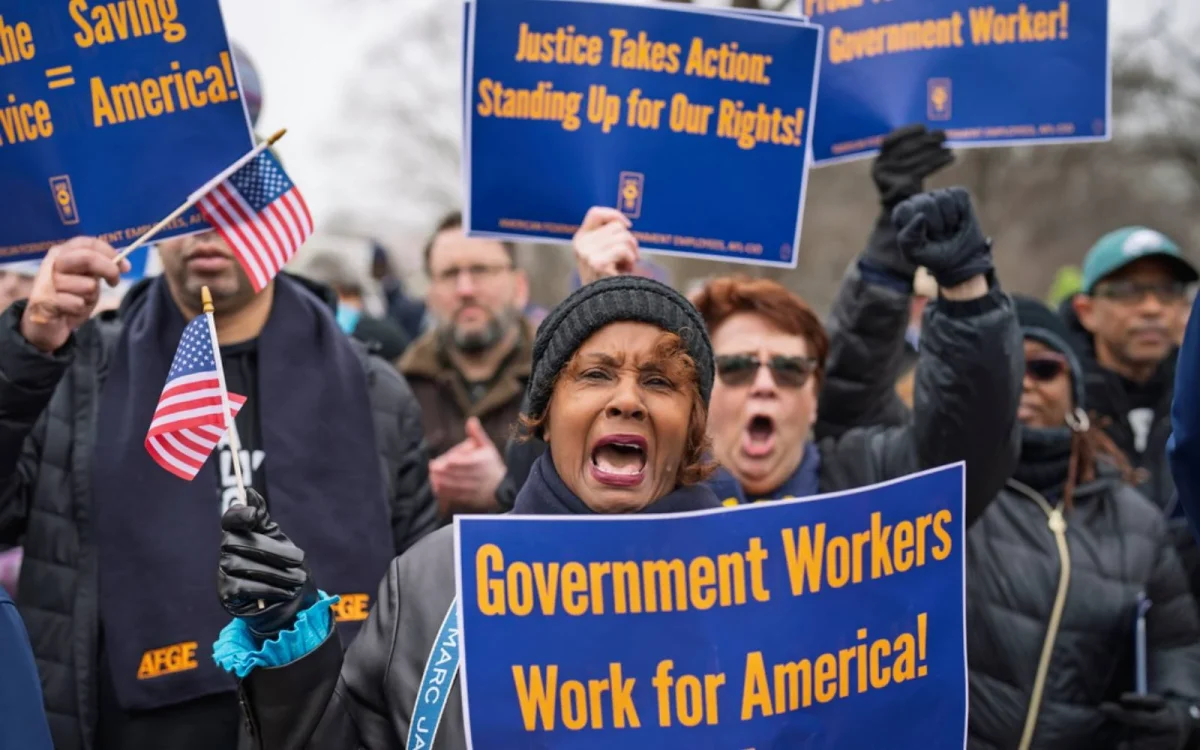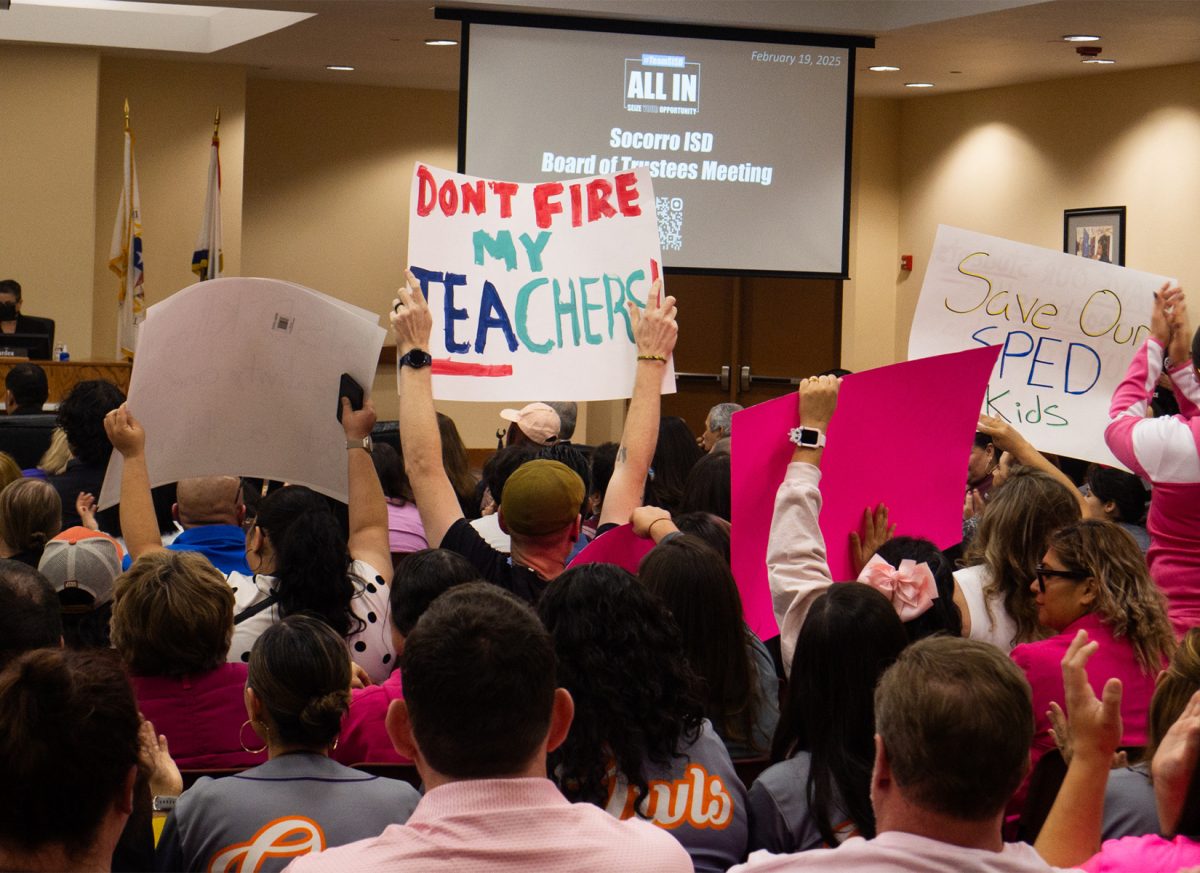WASHINGTON – A national conversation and Department of Education investigations have brought campus sexual assault to the forefront as a national topic, and university officials are trying to keep up.
Sexual assault is not a new issue for college and university campuses, but the recent heightened awareness means changes at many universities. For some, it poses a new set of challenges that officials have to stretch to meet.
“But it was work for the betterment of the campus. I think it’s work to improve your campus climate,” Gretchel Hathaway, chief diversity officer, Title IX coordinator and Americans With Disabilities Act compliance coordinator for Union College inSchenectady, N.Y., said about the changes the college has made over the past few years.
In 2011, the Department of Education released a Dear Colleague letter, which details universities’ responsibilities to both prevent sexual assault and harassment and handle reports of either offense.
The department has also opened investigations at 104 universities for complaints of violations. Combined with a heightened awareness on college campuses across the country, the actions of the department have brought the conversation onto a national stage.
University officials have questions and concerns about meeting the requirements of the department. Hathaway lead a session at the National Association of Diversity Officers in Higher Education conference to help Title IX officials understand their roles in the changing campus climate.
Some in the audience raised general concerns about how to balance expanded Title IX responsibilities with their current workloads. Hathaway and others often serve as both the chief diversity officers and Title IX coordinators for their campuses.
Others raised more specific questions. One person wondered if awareness training should be mandatory for faculty after feeling push back from her campus.
Hathaway is part of the president’s office, so when she notifies the campus of a training, it comes from the president. Hathaway said her Title IX team includes deputy coordinators and members of the Greek community, athletics, counseling center, campus safety, judicial system, attorney, residential life and senior staff, which she said she considers an advantage.
“It also helps that you have two senior staff in that meeting,” she said. “You have the vice president for academic affairs and the chief diversity officer sitting in on that meeting, and it let’s everybody in the room – the faculty and the staff and the administrators in that room – understand that this is really important.”
The 2011 changes in federal oversight for Title IX have presented some challenges, including budgets and procedures.
Some asked about conflict of interest–their offices both draft policies and enforce them. Hathaway said those functions need to be separated.
At Union College, sexual assault cases are investigated by the campus safety office, Hathaway said, while at other universities this is not the case. She said the school may start using external investigators for cases, but one case can cost up to $50,000.
“We can’t allow the costs to get in the way of what’s right for the school, so we are still in the process of looking at the pros and cons of that,” she said.
Juan Munoz, vice president of institutional diversity at Texas Tech University, expressed concern that Title IX coordinator responsibilities are being given to many chief diversity officers with “very little direction, guidance and resources.”
Hathaway said she has communicated with colleagues whose universities are under investigation by the Department of Education.
“I’m a therapist and so tell me more about what you’re doing for yourself,” she said. “What are you doing to keep yourself above water?”
Reach reporter Allison Kite at [email protected] or 202-408-1491.






